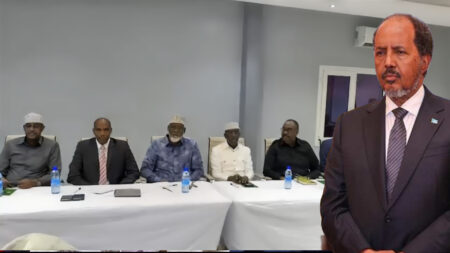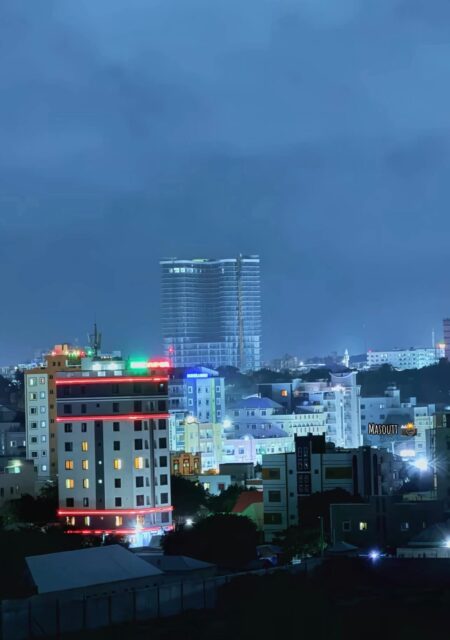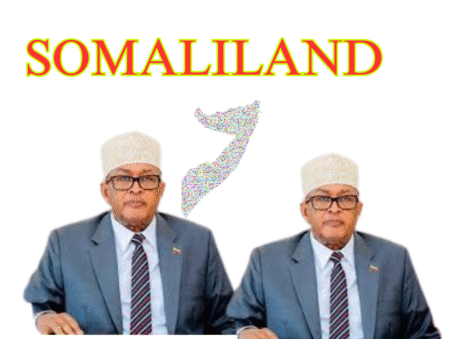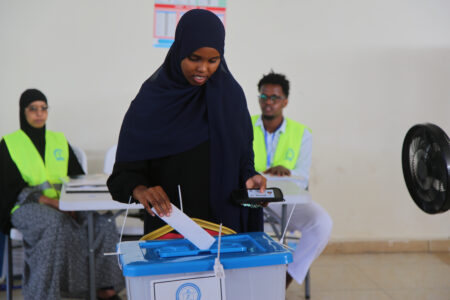Is the Federal Government of Somalia overlooking the Northern Regions at the Expense of the Somaliland Regime?
The political landscape of Somalia is often characterized by a complex interplay of regional dynamics, historical grievances, and a struggle for recognition and autonomy. One of the most contentious issues in this landscape is the perceived marginalization of the northern regions, particularly in relation to the self-declared Somaliland region, which includes the cities of Hargeisa, Berbera, and Burco Critics argue that the federal government of Somalia is overlooking the interests of the majority in these northern regions, favouring the Somaliland regime that harkens back to colonial-era divisions.
A- The Disparity in Regional Recognition
The federal government has recognized various regional states in southern Somalia, including Jubaland and Puntland, yet it has been hesitant to grant similar recognition to Awdal State Movement, Khatoumo State, and Maakhir State in the north. This discrepancy raises questions about the motivations behind such decisions. Why do leaders in Mogadishu refuse to acknowledge the aspirations of these movements while accommodating those in the south?
The federal government’s approach appears inconsistent, especially when considering the historical context of these regions. Awdal, Sanaag, and Sool have distinct identities and have never been fully integrated into the Somaliland framework. This has led to calls for autonomy and self-determination among their populations, who feel forced into a political arrangement that undermines their territorial integrity and cultural identity.
B- The Colonial Legacy and Dominance of the Isaaq Clan
The roots of this issue can be traced back to the colonial era, where divisions were often drawn along clan lines. The Isaaq clan, which predominantly occupies Somaliland, has been accused of exerting dominance over other clans such as the Gadaboursi, Issa Dhulbahante, and Warsangeli This raises suspicions that the Somali federal leaders may be complicit in perpetuating these divisions, either knowingly or unknowingly, by neglecting the voices of the other clans in favor of maintaining a status quo that benefits the Isaaq.
The failure to recognize Awdal, Khatoumo, and Maakhir as regional states could be seen as a strategy to reinforce the political and economic dominance of Isaaq, effectively sidelining other groups and their claims to autonomy. Such actions could indicate a broader agenda that remains obscured from public discourse, prompting concerns of a potential deal that sacrifices the rights of other clans for political expediency.
C- The Call for Unity and Recognition
The leaders of the Awdal State Movement, Khatoumo State, and Maakhir State are calling for unity among their people to defend their rights and seek recognition as regional states. They argue that it is a violation of human rights to force populations into a political framework against their will, particularly under what they describe as an oppressive regime. This sentiment resonates deeply within their communities, which feel marginalized and excluded from the political processes that govern their lives.
Moreover, the potential use of these regions as leverage in negotiations with the Hargeisa regime only complicates the situation further. It suggests that the federal government may be playing a dangerous game, prioritizing political manoeuvring over the genuine needs and aspirations of the people in these regions.
Conclusion
As the political situation evolves, it is crucial for the Somali people to demand transparency and accountability from their leaders. The voices of Awdal, Khatoumo, and Maakhir must be acknowledged and heard in the broader narrative of Somalia’s future. Ensuring that all regions and their populations are treated with respect and given the opportunity to define their political destinies is essential for fostering unity and stability in the country. The struggle for recognition is not just a regional issue; it is a matter of justice and human rights that impacts the very fabric of Somali society.
By: Alain Askar





